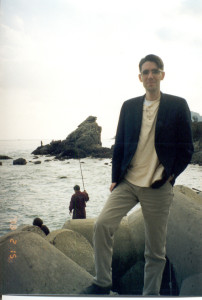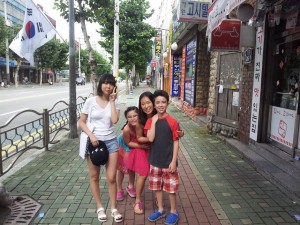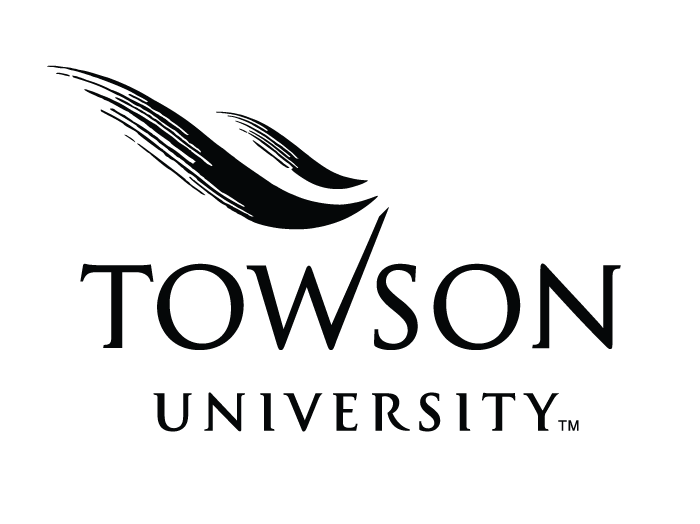Towson University Anthropology professor Sam Collins brought a new networking research method to the most wired nation on Earth.
The cultural anthropologist is a Fulbright senior researcher for the academic year, teaching at Hanyang University and researching how high levels of social media connectivity affect the way people live, connect, and construct social parameters.
“More private social networking services have become prominent [in Korea] that allow users to set up proprietary connections among family and friends,” Collins says via email from Seoul. “Tweets and other social media aren’t just about ‘digital life’—they’re about physical life in physical spaces.”
South Korea, Collins says, is perfect for his research because it is hard to find a place without a Wi-Fi connection, and nearly everyone has a smartphone. In addition, mass transit is much more common, giving people downtime during commutes. The combination means more people share thoughts via social networking systems, or SNS.
“Social media, then, becomes embodied in people (through their smartphones), and located in place (through mobile computing),” Collins explains in his email.
Collins’ interest in Korea started as he was finishing his dissertation. It was a good time for him to take a suggested position in South Korea, and after six months, he became interested in its high-speed modernization and how it triggered cultural change. The interest has informed his work with fellow professor Matthew Durington. The pair has developed a teaching method that centers on research through multimedia, community collaboration and sharing results via SNS.
They call the method “networked anthropology,” a concept that led to a book the professors just published. They apply the method to programs like the now-wrapped Anthropology By the Wire project, which features Tumblr links to students’ work in underserved communities. Collins and Durington plan on using the model together in their respective classes at Towson and Hanyang.
“Given the time difference, we can’t really ‘meet’ together,” Collins says. “Instead, we’ve decided to conduct some exercises in common and critique each other’s work through video. We’ll post some of this stuff on our networked anthropology website.”
That means students on two continents get the opportunity to correlate their study using the technological approach Collins and Durington developed.
“In anthropology, part of our method relies on the unfamiliarity and cross-cultural juxtaposing of ‘leaving home,'” Collins says, explaining that field research incorporates data collection, analysis, and the reframed thinking that comes from being in a new place. “A Fulbright grant allows for these, and I think, introduces the possibility of transforming the classroom through this experience of reframing.”
The reframing doesn’t stop with Collins, his students, or Durington’s students. The Fulbright funding supports families as well, so his wife, who is Korean, and their children are with him. They live in a small apartment in eastern Seoul. The children are enrolled in school there.
“That’s part of the experience,” Collins says. “I get to look at Korea through their eyes as well.”


